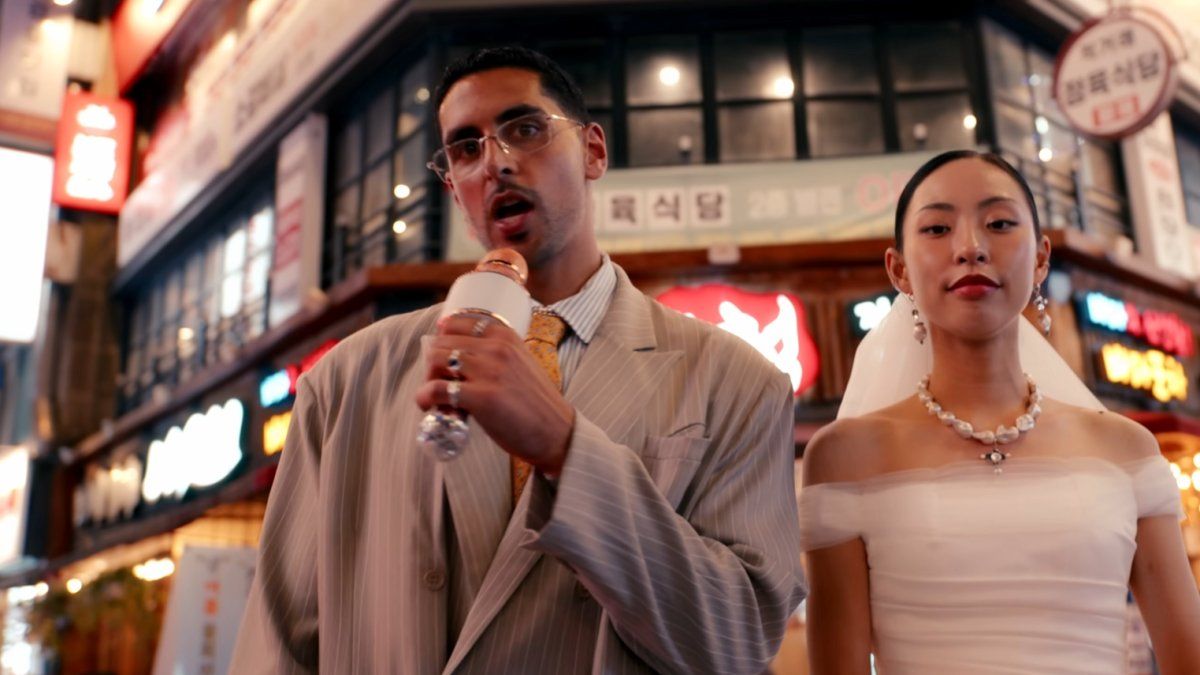But if he alluded to his pseudonym, it is possible that a high percentage of listeners who comb gray hair would find it very familiar.
I am referring to Lito Bayardo.
Some of the lyrics he created, whether it was with tango music or our folklore, moved and still move the feelings of thousands of Argentines.
More than 20 years ago, in 1986, a few days after his 81st birthday, Lito Bayardo left us forever.
One of her zambas, perhaps the most famous, was called “Mama Vieja”.
The music was composed by Juan Larenza, a talented pianist who, together with 3 guitarists, accompanied him as a singer in some cycles he did on different stations.
Lito Bayardo sang with a small but caressing voice.
The “Mama Vieja” zamba, he declared in a report, was a tribute to his mother for whom he felt true devotion.
He said that the greatest privilege that life had granted him was precisely to have been his mother’s son.
Lito Bayardo understood that mothers never claim ingratitude. They only claim… love.
The same day that she passed away, with her eyes still misty with tears, she began to write these verses that we all sing at some time:
“When I left the payment,
I waved goodbye
And Mama Vieja stayed
Very sad at the door of the ranch…”
And I remember the chorus:
“Old Mom
I sing to you from here
This zamba that once… I promised him”
Lito Bayardo wrote the lyrics for more than 500 songs and had with a tangoalmost the same success that “Mama Vieja” gave him.
That tango was put to music by an inspired bandoneon player and composer: José Rezzano (not Razzano).
The tango was called “Duelo Criollo”. the one of
“While the serene moon
Bathes with its silver light…”
Then came the chorus:
“He says that it was the girl from the suburbs… etc.”
Lito Bayardo was, in addition to being an author and singer, actor, poet and journalist.
He was born in Rosario in 1905.
He was part of the Bayardo-Palacios duo. I don’t know if with Héctor Palacios. He was also from Rosario and contemporary.
He also acted –in minor roles- in several Argentine films, “El Último Payador”, among them.
And a final anecdote that played a decisive role in his destiny.
Settled as a young man in Buenos Aires, he worked as an employee in a music house.
There he met Julio De Caro.
He expressed interest in acting in Rosario, knowing that the young Bayardo was from Rosario. So, Lito Bayardo linked De Caro with people from his hometown.
Circumstantially, De Caro’s singers were unable to travel there.
Lito Bayardo offered to replace them. De Caro tried it out and accepted it, he then sang in Rosario with the aforementioned orchestra.
Later, Decaro hired him again to continue the tour in the interior.
Back in Buenos Aires, Lito Bayardo broke ties with the orchestra, but he definitely joined the big city.
I believe that these lines were deserved for Lito Bayardo, for his artistic values and his personality dedicated entirely to bohemia and art.
And a final aphorism for this unique Argentine creator, creator of his own destiny. is incl. in the l. “EITHER.”
“We are not the architects of being born or of dying. But… we can be of living”.
Source: Ambito
David William is a talented author who has made a name for himself in the world of writing. He is a professional author who writes on a wide range of topics, from general interest to opinion news. David is currently working as a writer at 24 hours worlds where he brings his unique perspective and in-depth research to his articles, making them both informative and engaging.




